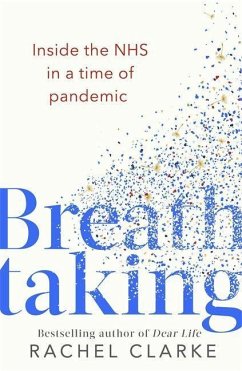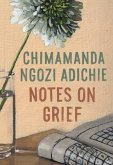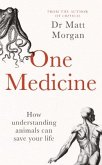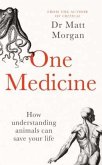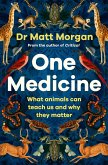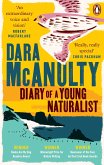When the once-in-a-century pandemic struck, it didn't matter that it was predicted and expected - nor even that we had watched it before, playing out in multiplexes over popcorn. We ambled, half-asleep, into disaster. In the first three months of 2020, perplexity drifted into mild concern that suddenly sheered into panic. Economies nose-dived. Schools workplaces closed. Populations hid inside their homes. Whole societies shut down. In most people's living memory, no crisis had caused such global upheaval so swiftly and so comprehensively. The scale and pace of the pandemic were stunning. As a palliative care doctor, Rachel Clarke found herself spending less time in the hospice and more in the hospital. Unable to convey the intensity of her days on the wards to friends and family, by night, she wrote about what she and her colleagues were going through. Breathtaking is her inside story of how the health service responded. But when she looked back over her writing, she found that what she had thought was an unrelenting stream of death and darkness was in fact illuminated by pinpricks of light. The curtailing of human contact, it seemed, was a reminder of precisely how precious it was, and just how far a little of it could go. Breathtaking depicts life, death, hope, fear, medicine at its most impotent and also at its finest, the courage of patients in enormous adversity, the stress of being torn between helping those patients and endangering your spouse and children, the long fretful nights ruminating over whether the PPE you wear fits the science or the size of the government stockpile. Faltering, fumbling, tenacious, undaunted, this is medicine in the time of coronavirus.
Hinweis: Dieser Artikel kann nur an eine deutsche Lieferadresse ausgeliefert werden.
Hinweis: Dieser Artikel kann nur an eine deutsche Lieferadresse ausgeliefert werden.

